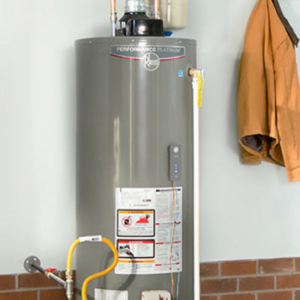How Water Heaters Work
Your hot water heater: you may not think about it at all until the day that it breaks and you need a hot water tank replacement! When most Southern Vancouver Island homeowners think about their water heater, they refer to the large metal cylinder in their basement or closet that somehow takes in cold water and delivers hot water to the home. One of the best ways to avoid unexpected and inconvenient water heater break-downs is by understanding how your water heater works. This gives you a great chance to notice warning signs and call your plumber before a break-down occurs.
The two most common types of water heaters are electric water heaters and gas water heaters, although there are plenty of other types on the market. While both electric and gas heaters have similar parts and functions, they actually work in different ways.
Electric Water Heaters
Your electric water heater should have a thermostat mounted onto the outside of an internal tank which will constantly sense the internal temperature of that tank. If the temperature ever becomes too low, the thermostat will trigger the heating element inside the tank. This heating element will then heat up the water in the tank, similar to a pot of water boiling on the stove. Once the water reaches the ideal temperature, the thermostat will trigger the heating element to turn off. Perfect hot water every time!
Gas Water Heaters
While gas water heaters also have a thermostat, this one works a bit differently. This thermostat has both a mercury sensor and a thermocouple. The thermocouple monitors the pilot light, while the mercury sensor monitors the actual internal water temperature. When the mercury sensor senses that the water temperature is too low, the thermostat triggers the gas control valve, which will check with the thermocouple about the status of the pilot light. If the light is on, the gas valve will open and allow gas into a burner, therefore igniting a flame. This flame will heat up the water to a certain temperature, at which point the gas control valve will close.
The best way to maintain your water heater is to understand how it works so that you can maintain things such as sediment buildup in the tank or small leaks. If you have any questions about your water heater, contact us at The Clear Choice Plumbing and Heating today!





